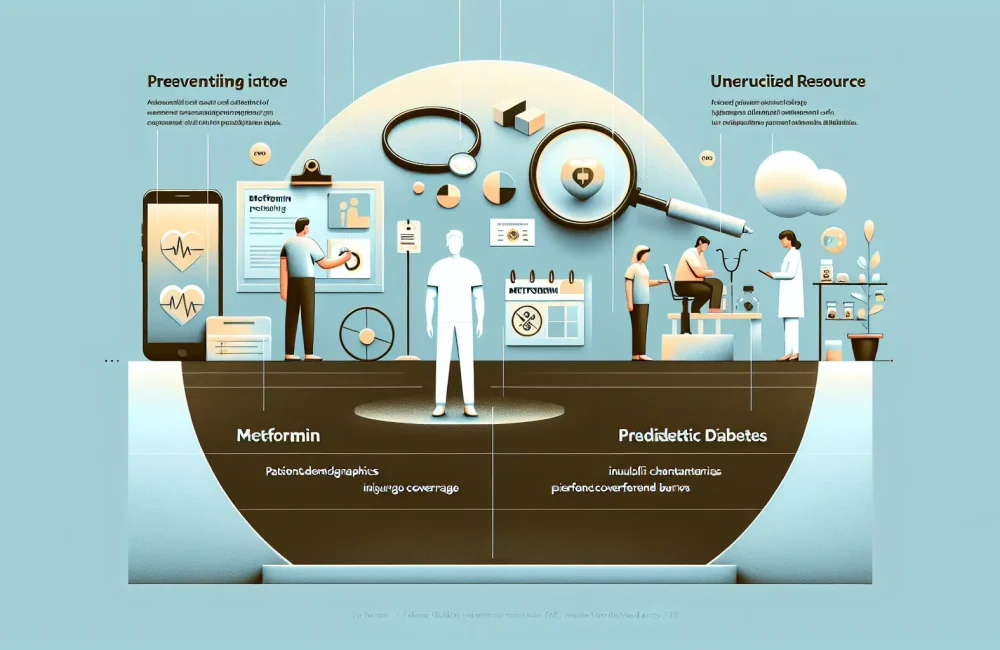By CAFMI AI From JAMA
Superior Weight Loss and Cost Reduction with Bariatric Surgery
Bariatric surgery, encompassing procedures such as gastric bypass and sleeve gastrectomy, has been a cornerstone in the management of severe obesity for many years. This intervention is well-documented to result in significant and sustained weight loss, improvement in metabolic conditions like type 2 diabetes, and a subsequent reduction in long-term healthcare expenses. The mechanisms behind these outcomes relate to both anatomical changes and hormonal modifications that occur after surgery, leading to decreased calorie absorption and altered appetite regulation. Clinical trial data alongside extensive real-world evidence consistently demonstrate that patients undergoing bariatric surgery experience a greater magnitude of weight loss compared to those receiving pharmacotherapy. Furthermore, the durability of weight loss after surgery tends to surpass that observed with medical treatments, including newly popular GLP-1 receptor agonists. From a cost perspective, although bariatric surgery involves a higher upfront expense, analysis indicates that over time, direct medical costs decrease significantly due to reduced obesity-related complications and lower medication needs. These cost savings manifest within years post-surgery, making it a financially viable option for healthcare systems and patients alike.
Comparative Effectiveness and Limitations of GLP-1 Receptor Agonists
GLP-1 receptor agonists have emerged as a valuable pharmacological option in obesity management, particularly for patients who are either ineligible for surgery or prefer non-invasive treatment. These injectable medications mimic the glucagon-like peptide-1 hormone, which plays a role in appetite suppression and improved glycemic control. Clinical trials report substantial benefits in weight reduction and metabolic improvements among users. However, the weight loss achieved with GLP-1 drugs generally does not match the degree or long-term maintenance seen after bariatric surgery. Additionally, these medications require continuous administration, often indefinitely, which contributes to ongoing costs that may accumulate over time. Unlike surgery, where the intervention is a one-time event, GLP-1 receptor agonist therapy demands sustained adherence to maintain results, posing challenges for patient compliance. Furthermore, the high cost of these drugs may limit accessibility and raise concerns about cost-effectiveness from a healthcare provider perspective. Side effects such as gastrointestinal symptoms are relatively common, although generally manageable. These factors underscore the need for precise patient selection and shared decision-making when considering GLP-1 receptor agonists.
Clinical Implications and Future Directions in Obesity Management
For U.S.-based clinicians, these comparative insights are crucial in guiding obesity treatment strategies tailored to patient needs and healthcare resource considerations. Patients with severe obesity who are medically suitable candidates and motivated for surgery may benefit most from bariatric procedures given their superior weight loss outcomes and potential for long-term cost savings. However, patient preference plays a significant role, and those hesitant about surgery or with contraindications may appropriately consider GLP-1 receptor agonists as an alternative, acknowledging the necessity of lifelong therapy and monitoring. Clinicians should counsel patients regarding the benefits, risks, and financial implications of both options, emphasizing realistic expectations and adherence. Moreover, integration of obesity management into primary care workflows should include multidisciplinary support including nutrition, behavioral coaching, and coordinated follow-up to optimize outcomes. Current guidelines advocate for individualized treatment plans, and ongoing research into the long-term comparative effectiveness, safety profiles, and cost-benefit analyses of bariatric surgery versus GLP-1 drugs is needed to continuously refine practice standards. Additionally, awareness of red flags for surgical complications and adverse drug effects remains vital for safe patient management. Ultimately, a balanced, evidence-based approach will support clinicians in improving obesity care delivery and patient quality of life.
Read The Original Publication Here






